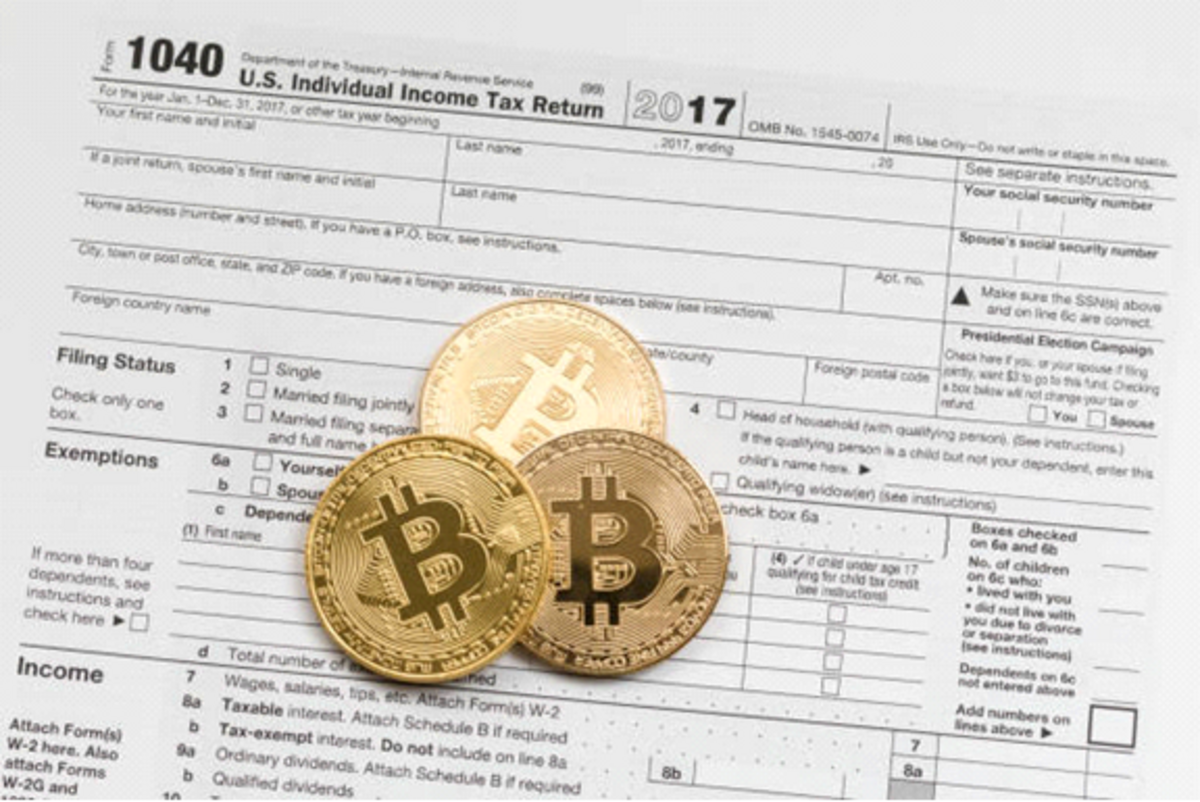The fact that cryptocurrency or crypto as it is fondly called has caught the eyes of the government due to the new development of taxation speaks volumes. The once opposed government is now keenly interested in regulating and taxing the crypto industry. “What changed?” You might ask. Well, in this article, Crypto investors will be given heads up as to all they need to know about cryptocurrency taxation. But first, what is taxation?
Learn the Secret of Forex Trading, Click here to download a free e-book now
Table of Contents
What is Taxation?
Simply put, taxation is a process whereby a government levies taxes on individual, businesses, and other forms of enterprises within its jurisdiction for the sole purpose of generating revenue. According to law, taxes are compulsory payments imposed by the government on income, transactions, profits, goods and services. The revenue accrued from taxation are used to fund public services and improve infrastructure. With this explanation, one could have a good understanding of what cryptocurrency taxation entails.
What is cryptocurrency taxation?
Cryptocurrency taxation refers to the levies imposed on cryptocurrency transactions like transactions on Bitcoin, Ethereum and the likes. These taxation varies by government of various countries and jurisdiction. Since the importance of the crypto industry has been recognized by various government of different states, it proves that the industry is viable which in turn suggests that it can be taxed. There are various aspects of cryptocurrency taxation cryptocurrency investors need to know.
The Various Aspects of Cryptocurrency Taxations
- Capital Gains Tax
This refers to the levies imposed upon gains garnered from the sales of cryptocurrencies. Since cryptocurrencies have now been classified as assets, especially Bitcoin which has been classified as a commodity by the United States government, profits from trading them have incurred capital gains tax. Although capital gains tax varies according to the law of various countries, other countries like El Salvador do not tax cryptocurrency while most countries are beginning to see how lucrative the space is and have began making plans to promulgate policies that will cater to cryptocurrency taxations.
- Income Tax
There are employers who prefer paying in cryptocurrencies and also people who prefer getting paid in cryptocurrencies. Such income in cryptocurrency is considered as taxable income which in turn has subjected it to the aspect of cryptocurrency taxation known as income paying tax.
-
Mining
Cryptocurrency miners in some parts of the world have now been mandated to pay mining taxes which are levies on the cryptocurrencies they receive as rewards for validating transactions. Soon, this will be rampant globally based on the revenue that could be generated from such venture.
- Reporting requirements
This aspect of cryptocurrency taxation refers to the transparency of cryptocurrency traders and hodlers. This process involves providing pieces of information about every transactions made whether it incurred profits or loss to the right taxation authorities.
- Tax Treatment of Airdrops and Hard fork
This aspect of cryptocurrency taxation varies according to jurisdiction. While some jurisdiction see airdrops and hard forks as capital gains, others see it as income thereby incurring income taxations. Airdrops might be free but are taxed in some parts of the world.
-
Recordkeeping
It is mandatory for cryptocurrency tax payers to keep record of the date and time of every cryptocurrency transactions made and the value in their local currency so as to know how to tax them.
More Heads Up for Cryptocurrency Investors
The subject of cryptocurrency taxation is a tricky one as many crypto enthusiasts have been heard to counter it. The consensus that cryptocurrencies shouldn’t be taxed is a popular one among the crypto bros and sis. Some have argued that since cryptocurrency is a decentralized part of finance, why should it be taxed? Decentralization unlike Centralized finance where the government is chief are two different play field. Despite the logical arguments, it is advisable that the crypto investor does due diligence in ensuring that his or her taxes are paid if found in a country that demands cryptocurrency taxation.
List of Countries that Demand Cryptocurrency Taxation
-
The United Kingdom
In the UK, cryptocurrencies are treated as capital assets, thereby incurring capital gains tax on every transactions made. Whether the cryptocurrency is exchanged for local currency or for other cryptocurrencies, levies are incurred. Even when used to purchase goods and services. The only exemption is if the cryptocurrencies are gifts to a spouse or a civil partner.
-
The United States
For tax purposes, the United States Internal Revenue Service (IRS) has classified the purchase and sale of cryptocurrencies as property and not currencies. This makes it possible for the digital assets to be taxed like any other owned property.
-
Canada
In Canada, it will interest you to know that virtual currencies are treated as digital assets. While hodling these digital assets do not necessarily attract taxation, the sale of the assets is what is being taxed.
-
India
India stopped being a crypto friendly country since the first of February, 2022. Digital assets in form of cryptocurrencies are being taxed a whopping 30%. For more information regarding cryptocurrency taxation in India
-
Italy
The Tax authorities of Italy have agreed to see cryptocurrencies like fiat currencies and any transaction for profit will incur 26% substitutive tax.
-
Germany
In Germany, the law pertaining cryptocurrency taxation states that every cryptocurrency held for more than one year should not be taxed but those held then sold under one year should be taxed except the capital gains is below €600.
A list of Cryptocurrency taxation-free countries
These Crypto tax-free countries are regarded as crypto-friendly countries. They include: El Salvador, Singapore, Portugal, Belarus, Malaysia, Malta, Cayman Islands, Puerto Rico, Switzerland and Georgia.
Some Websites that Help With Cryptocurrency Taxation
Coinpanda, tokentax, coinledger, etc


Thi is fire 🔥